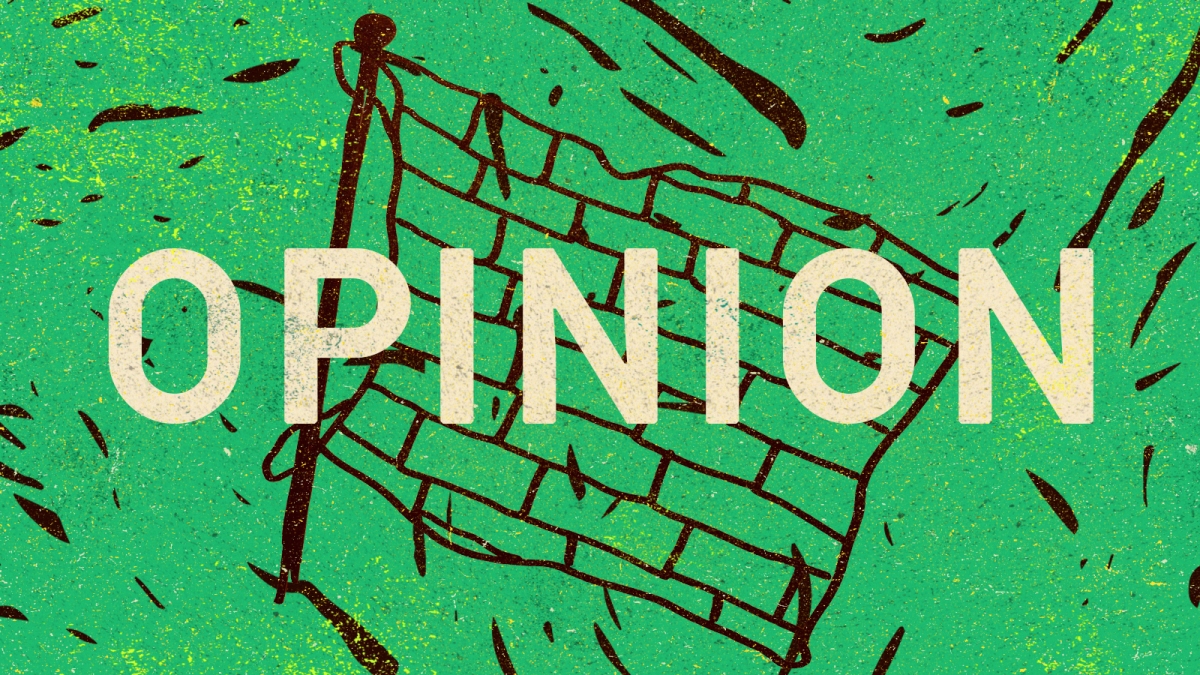Po sikur ngjarjet e tilla të kaluara, Kampionati Evropian që po organizohet nga UEFA në Gjermani është bërë tokë e pëlleshme për nacionalizmin dhe gjuhën e urrejtjes në Ballkanin Perëndimor. Këtë vit, pjesëmarrja e Serbisë dhe Shqipërisë në këtë turne i ka shtuar tensionet.
Shumë tifozë të futbollit nga këto vende, mbështetur nga një diasporë e konsiderueshme në Gjermani, kanë udhëtuar atje për të përkrahur kombëtaret e tyre respektive.
Kjo ka rezultuar me incidente të shumta gjithandej Gjermanisë. Vetëm në javën e parë, në shumë qytete të Gjermanisë pati konflikte midis serbëve dhe shqiptarëve.
Një incident i vërejtshëm, me rreth 150 individë të përfshirë nga të dyja palët, ndodhi në Gelsenkirchen, ku huliganët shqiptarë dhe anglezë u ndeshën me serbët në një kafene serbe.
Ky incident shpërfaq nacionalizmin e thellë dhe mungesën e tolerancës midis serbëve dhe shqiptarëve.
Në stadiume, shpërthimet nacionaliste ishin të shpeshta. Përkundër politikës së UEFA-s, që lejon vetëm flamujt zyrtarë të shteteve dhe federatave të futbollit, u panë edhe simbole të Shqipërisë së Madhe dhe Ushtrisë Çlirimtare të Kosovës (UÇK). Gjithashtu, u shfaqën pankarta me sloganin “Kosova është Shqipëri” dhe një person u fut në stadium i veshur në uniformë ushtarake të UÇK-së.
Për këto provokime, UEFA e dënoi Federatën Shqiptare të Futbollit për “mesazhet provokative” të shfaqura nga tifozët e saj gjatë ndeshjes kundër Italisë.
Megjithëkëtë, shpërthimi nacionalist vazhdoi. Gjatë ndeshjes Shqipëri-Kroaci, tifozë të të dy vendeve kënduan “Vrisni serbët”, gjë që e shtyri Serbinë të kërcënonte me tërheqje nga turneu nëse nuk do të aplikoheshin dënimet e duhura.
Një tjetër incident ndodhi kur gazetari kosovar i akredituar, Arlind Sadiku, provokoi tifozët serbë duke e bërë me duar simbolin shqiptar të shqiponjës. Më vonë, ai e publikoi këtë veprim në llogarinë e tij në Instagram, postim ky i cili u fshi pas ankesës së Federatës Serbe të Futbollit. UEFA ia revokoi akreditimin Sadikut. Në këtë rast, sentimenti nacionalist i Sadikut fitoi mbi profesionalizimin e tij.
Gjithashtu, edhe lojtarët e Shqipërisë shfaqën nacionalizëm dhe gjuhë të urrejtjes. Mirlind Daku, pas ndeshjes në mes të Shqipërisë dhe Kroacisë, me megafon thirri fyerje kundër Maqedonisë dhe Serbisë.
Po ashtu, tifozët serbë u përfshinë në veprime provokative. Ata, gjatë ndeshjeve kundër Anglisë dhe Sllovenisë, shfaqën pankarta që deklaronin se “Kosova është Serbi”, me mbishkrimin “Nuk dorëzohemi”.
Incidentet e tjera përfshijnë shfaqjen e simpatisë për presidentin e Rusisë, Vladimir Putin, dhe glorifikimin e Rusisë, shtet ky i përjashtuar nga turneu për shkak të pushtimit të plotë të Ukrainës.
Tifozët serbë, në ndeshjen që Serbia e luajti kundër Anglisë, shfaqën flamurin rus dhe kënduan në përkrahje të Vladimir Putinit. Në atmosferën e përgjithshme të frikës nga Rusia dhe në kontekstin e agresionit rus në Ukrainë, këto veprime në ndeshje futbolli konsiderohen, thënë më së buti, të pakëndshme.
Këto incidente në Gjermani janë tregues i qartë i armiqësisë së thellë midis serbëve dhe shqiptarëve. Jo vetëm që tifozët përfshihen në dalldi ekstreme nacionaliste, por në këto veprime shpesh përfshihen edhe profesionistët, siç janë lojtarët e futbollit dhe gazetarët.
Ngjarjet sportive, veçanërisht të futbollit, janë bërë vendet kryesore ku shfaqen nacionalizmi dhe gjuha e urrejtjes, edhe kur ato organizohen nga vende të treta, siç është rasti me Gjermaninë.
Këto incidente vazhdojnë, përkundër sanksioneve të ndërmarra nga UEFA, ndoshta sepse dënimet janë kryesisht me para. UEFA dhe organizatat e tjera regjionale dhe globale sportive duhet të mendojnë dënime më të ashpra, qoftë për individët, qoftë për federatat e futbollit.
Përfundimisht, mbizotërimi i politikës në sport është problem sistemik në të gjitha vendet e Ballkanit Perëndimor. Sigurisht se në të ardhmen mund të bëhet shumë më shumë për parandalimin dhe trajtimin e problemeve të ngjashme.





























































